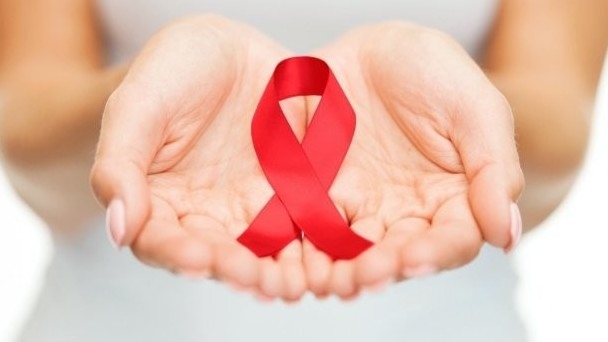
AKIPRESS.COM - UNAIDS and the United Nations Development Programme (UNDP) are urging countries, including Kyrgyzstan, to keep the promises made in the 2016 United Nations Political Declaration on Ending AIDS to remove all forms of HIV-related travel restrictions, the UNAIDS said in press release.
Travel restrictions based on real or perceived HIV status are discriminatory, prevent people from accessing HIV services and propagate stigma and discrimination. Since 2015, four countries have taken steps to lift their HIV-related travel restrictions—Belarus, Lithuania, the Republic of Korea and Uzbekistan.
“Travel restrictions on the basis of HIV status violate human rights and are not effective in achieving the public health goal of preventing HIV transmission,” said Gunilla Carlsson, UNAIDS Executive Director, a.i. “UNAIDS calls on all countries that still have HIV-related travel restrictions to remove them.”
“HIV-related travel restrictions fuel exclusion and intolerance by fostering the dangerous and false idea that people on the move spread disease,” said Mandeep Dhaliwal, Director of UNDP’s HIV, Health and Development Group. “The 2018 Supplement of the Global Commission on HIV and the Law was unequivocal in its findings that these policies are counterproductive to effective AIDS responses.”
Out of the 48 countries and territories that maintain restrictions, at least 30 still impose bans on entry or stay and residence based on HIV status and 19 deport non-nationals on the grounds of their HIV status. Other countries and territories may require an HIV test or diagnosis as a requirement for a study, work or entry visa. The majority of countries that retain travel restrictions are in the Middle East and North Africa, but many countries in Asia and the Pacific and eastern Europe and central Asia also impose restrictions.
“HIV-related travel restrictions violate human rights and stimulate stigma and discrimination. They do not decrease the transmission of HIV and are based on moralistic notions of people living with HIV and key populations. It is truly incomprehensible that HIV-related entry and residency restrictions still exist,” said Rico Gustav, Executive Director of the Global Network of People Living with HIV.
